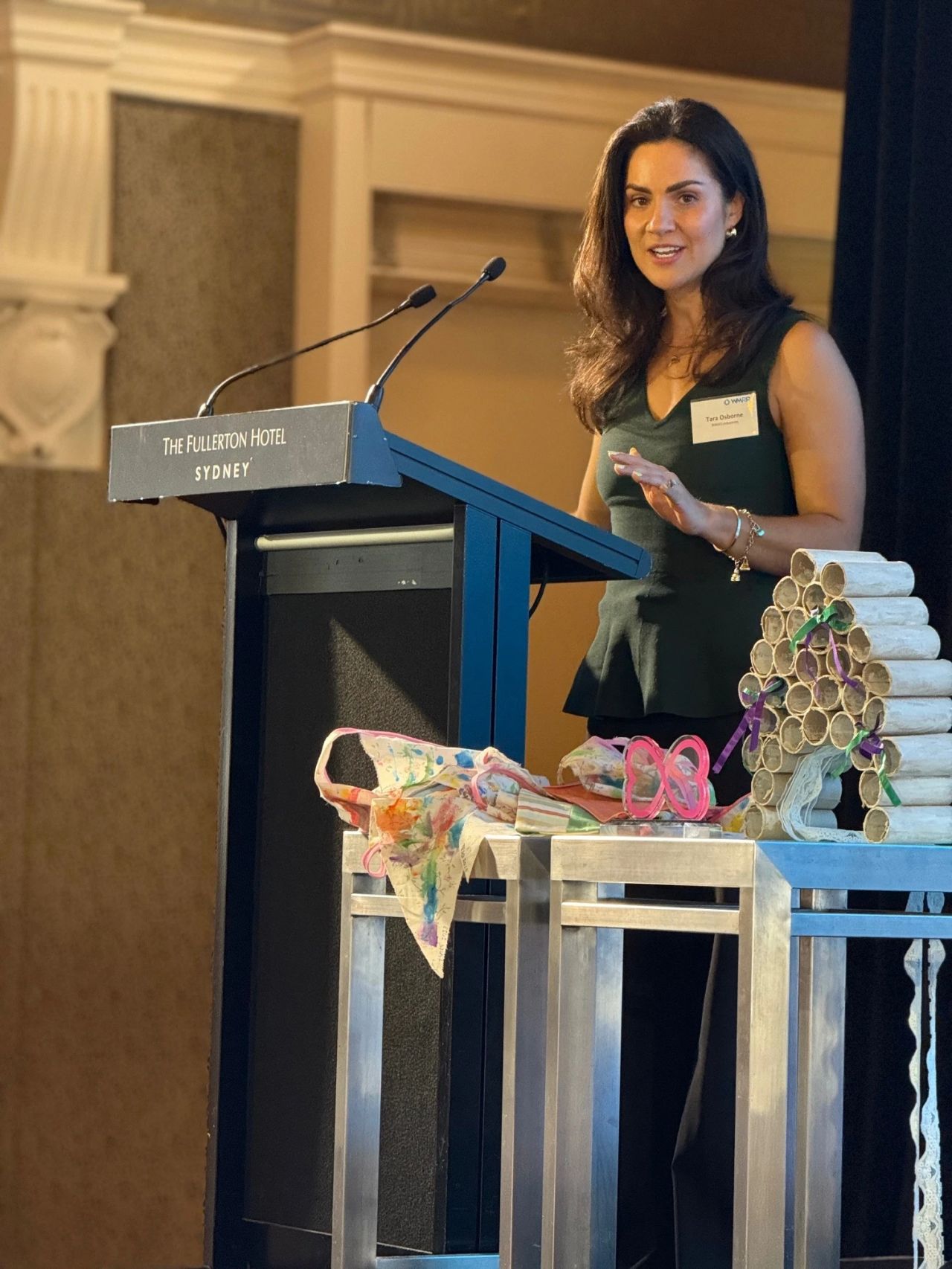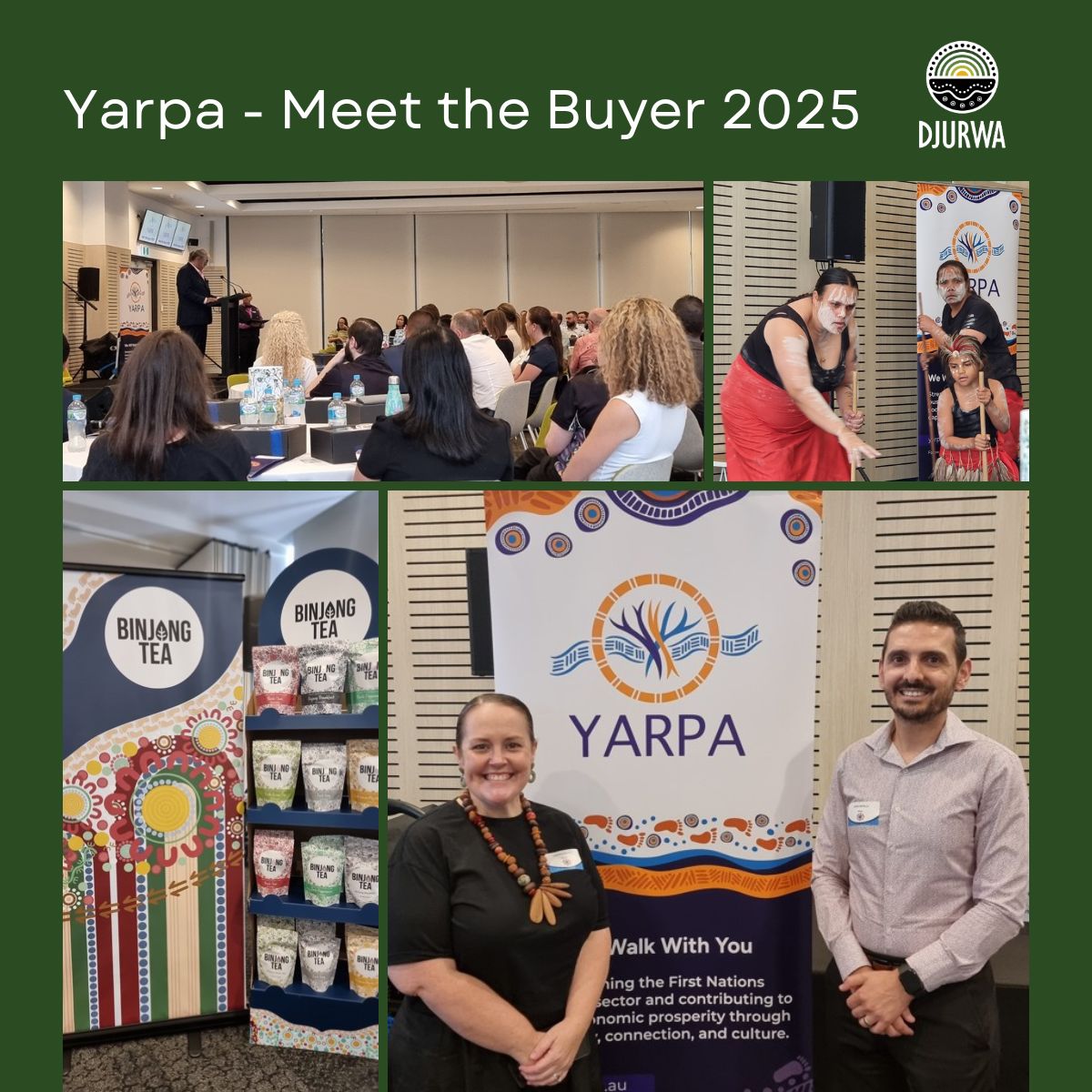

I grew up on the NSW South Coast in a small Aboriginal community called Wreck Bay. The only thing around us was an air force base and a navy base – there was nothing else but bush, sand and beach. I grew up surfing, diving, fishing, playing every single sport you can imagine. I still cherish those memories.
When I was 15, I moved to Sydney to finish my schooling at Matraville Sports High. I lived by myself, and I loved it. As soon as I finished my HSC, I worked in the construction industry as a window fixer on high-rise buildings. I was lucky enough to have two beautiful kids.
It wasn’t until I was 25 that I got myself into a lot of trouble.
Growing up in an Aboriginal community, the crime was just everywhere. You see it every day and, in the end, you become numb to it. I never really thought of the impact my actions would have on the community until I was getting sentenced by the judge. I spent almost two weeks in the underground holding cells of Surry Hills police station.
I was in the same clothes all that time. They stuck a couple of guys in the cell with me that were coming down off ice. One guy was head-butting the wall, the other guy was licking the wall at one stage. That was my first experience of prison. I was in jail for nearly four years and most of that time was at Long Bay prison.
I grew up in a community of 130 people; five of us from that community all landed in Long Bay at the same time. In prison you can go two ways: either you become a better criminal, or you decide that this isn’t what you want to do with your life.
On my daughter’s sixth birthday, in my fourth year in prison, I just thought, “This isn’t where I want to be.” I stayed awake for almost a week thinking about what I wanted to do when I was released.
I looked at some of the people who were in jail with me and thought there weren’t many construction bosses who would give any of these boys a go. So, I thought, “How do I create something that will?”.
While I was in prison, I joined the Never Going Back boxing program, which helps reintegrate prisoners by taking them out of Long Bay three times a week to box with the community in Redfern and meet potential mentors. People from all walks of life were there to box with us – all levels of government, business owners.
A lot of people in jail have never had access to people like that in their lives. That’s where I met my business partner and mentor, Sean Wilson – a businessman with 20 years’ experience working with private national and multinational organisations.
As soon as I walked out of prison in 2016, it absolutely poured rain. I thought, “This is going to wash it all away and we’ll just start off fresh and get into it.”
My first step was to create my first business Yalagan in 2017. The word is from the Yuin nation – it means “hard-working” or “smart fella”. It’s an Indigenous recruitment and labour hire business aimed at the ‘tier ones’ – the largest construction companies in Australia. We recruit people from all backgrounds, but we have a focus on young Indigenous people and former prisoners.
Imagine how hard I thought it was going to be, and it’s three times harder. The tier one companies are happy to say they want to work with Indigenous people but are unlikely to hire them. My plan was to take my businesses inside prisons to train inmates to become qualified as labourers in the construction industry.
The first guy I recruited had done 14 years’ jail. Four years later, he’s still out and it’s the longest he’s been out for a very longtime. He’s just started his own fitness business.
After a number of successful years, Yalagan Group led to the opportunity to set up my second company Djurwa, a joint venture initiative with BINGO Industries a leading waste management and recycling company. Djurwa isled by a passionate group of people, who have dedicated themselves to helping create employment and training opportunities for Mob coming out of prison through the the construction waste industry.
Djurwa is now the leading Aboriginal-owned and run waste management company on the East Coast of Australia and we are most proud of the work we have done in creating our Prison work release program REvive. This program has seen a number of participants in the final year of their sentence set their lives up for success by completing training and employment in BINGO’s operations.
I’ve lived a very interesting life. I’ve had my father commit suicide when I was 24. I’ve had four mates commit suicide as a kid growing up. I spent four years in jail.
Now I look back at all of it and I’ve put it all in a blender and I’ve come up with the idea of what I want to do and who I want to be, and I make it happen every single day that I wake up. I’m proud to be an Aboriginal man – I always have been, and I always will be.
I see it as a leg up, not a leg down. I’ve never seen it as a deficit towards me. I’m proud every day of my culture and who I am and where I’ve come from. I don’t regret one thing.
Everything I’ve ever done has led me to where I am now.




